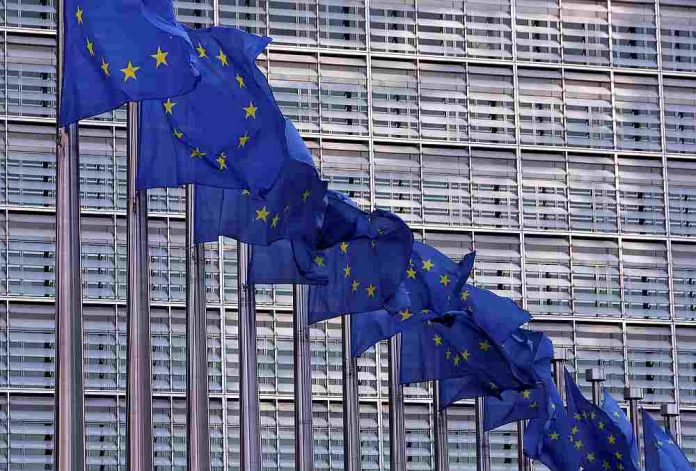
KUALA LUMPUR, Feb 2 — Malaysia’s Covid-19 vaccine purchase won’t be affected by the Covax export authorisation system set up by the European Union (EU), its country representative said today.
Michalis Rokas who is EU ambassador to Malaysia said the system that kicked off on January 30 is not an export ban, but rather a mechanism to ensure transparency in the vaccines made by companies with which the EU has signed a contract.
“All vaccines purchased in the context of the Covax scheme are exempt, including those purchased by self-financing participants such as Malaysia.
“Only vaccines purchased outside the Covax scheme from producers in the European Union for delivery before the end of March 2021 require an export authorisation.
“The export authorisations will ensure transparency in a sensitive market, and avoid reselling, litigation and trafficking. They will be conducted in a speedy manner to avoid unnecessary delays,” he said in a statement today.
Rokas added that exports to third countries, including Malaysia, under existing Advance Purchase Agreements (APAs) will be safeguarded to the largest extent feasible.
“The EU is mindful of Advanced Purchase Authorisations contracted by Malaysia, and will endeavour to ensure that Malaysia’s expectations to obtain its deliveries will be met.
“We have made a call on all companies with APAs manufacturing in the EU to honour their obligations to deliver on their commitments,” he said.
Opposition coalition Pakatan Harapan expressed concern that the EU’s export controls on Covid-19 vaccines could affect Malaysia’s supply.
Its immunisation taskforce chairman, former health minister Datuk Seri Dzulkefly Ahmad urged the EU to respect the rights of developing countries to receive the Covid-19 vaccines they purchased.
This comes after the EU was reported to introduce export controls on coronavirus vaccines made in the bloc, amid a row about delivery shortfalls.
BBC last week reported that the so-called transparency mechanism gives EU countries powers to deny authorisation for vaccine exports if the company making them has not honoured existing contracts with the EU.
Under the EU’s new rule, vaccine firms will have to seek permission before supplying doses beyond the EU. Its 27 member states will be able to vet those export applications.
The EU is also in a supply dispute with Pfizer, which is set to fall short of the contracted vaccine volume for the EU by the end of March. Pfizer says the reason for that is the urgent expansion of its facility in Puurs, Belgium.
Health director-general Tan Sri Dr Noor Hisham Abdullah said yesterday that Malaysia is expected to receive the first batch from Pfizer-BioNTech on February 26 and the process to administer the coronavirus vaccine within the first two weeks.
Malaysia was previously reported to have purchased 12.8 million doses of Pfizer-BioNTech coronavirus vaccine and has subsequently committed to purchase an additional 12.2 million doses of the same vaccine.



